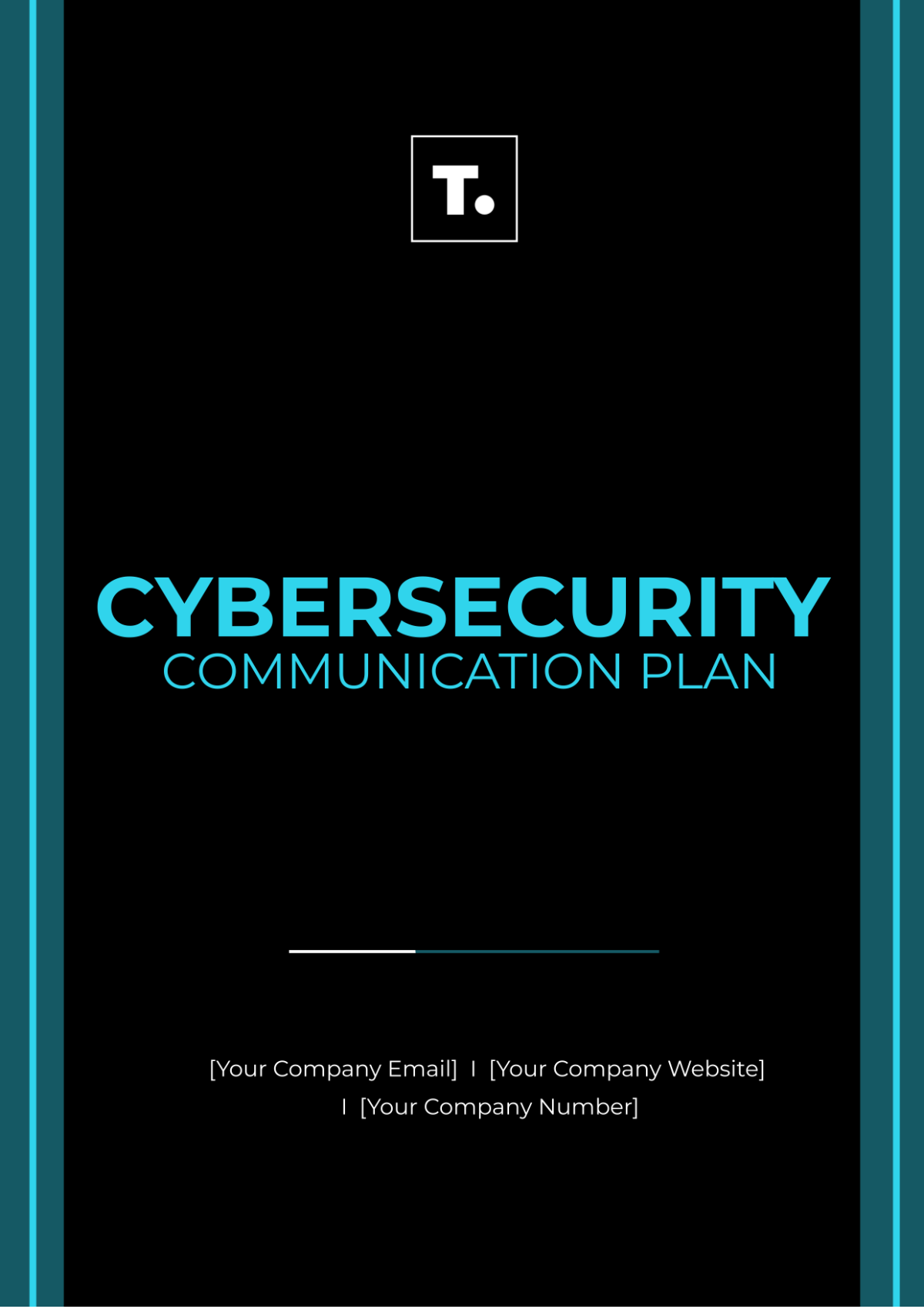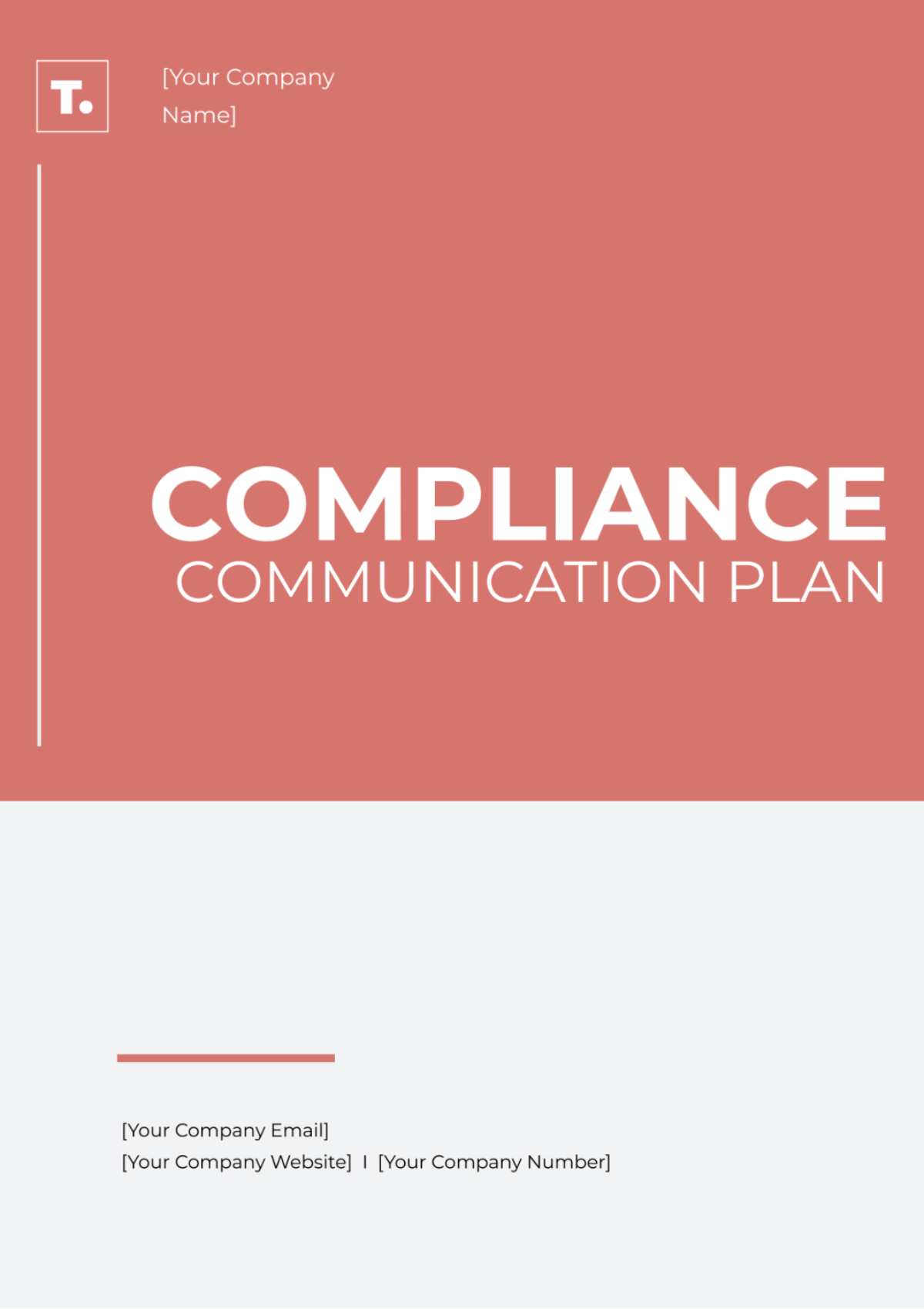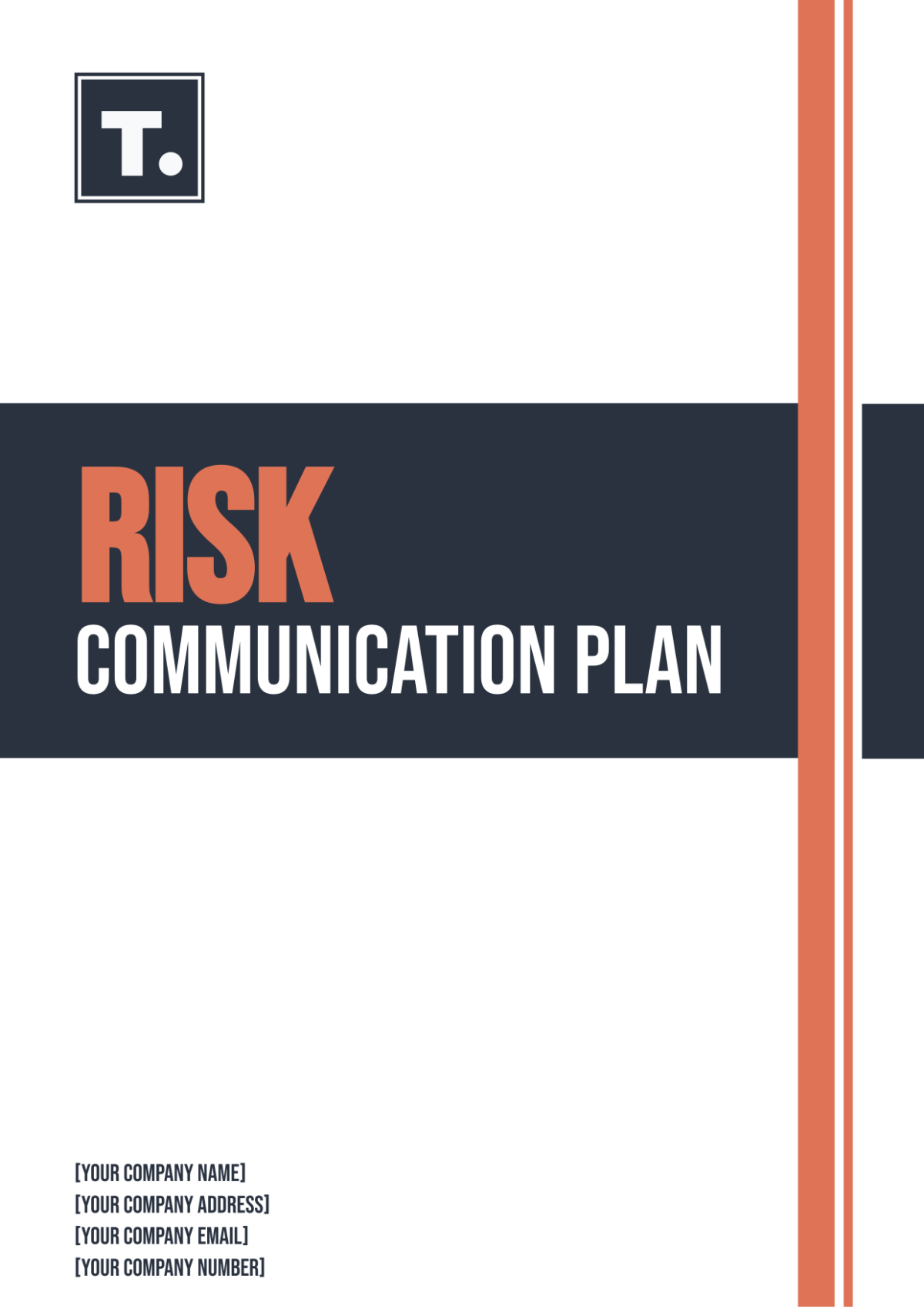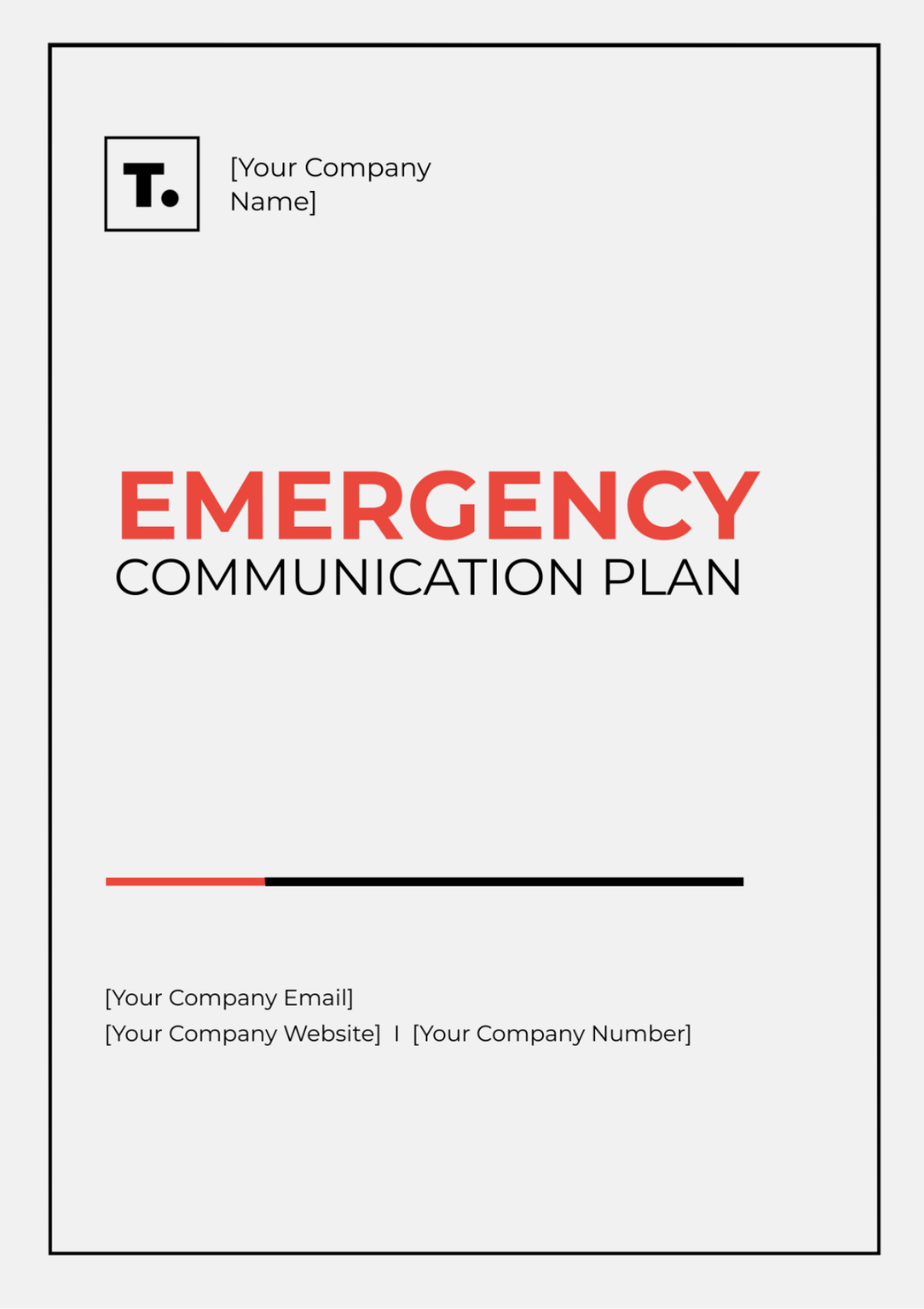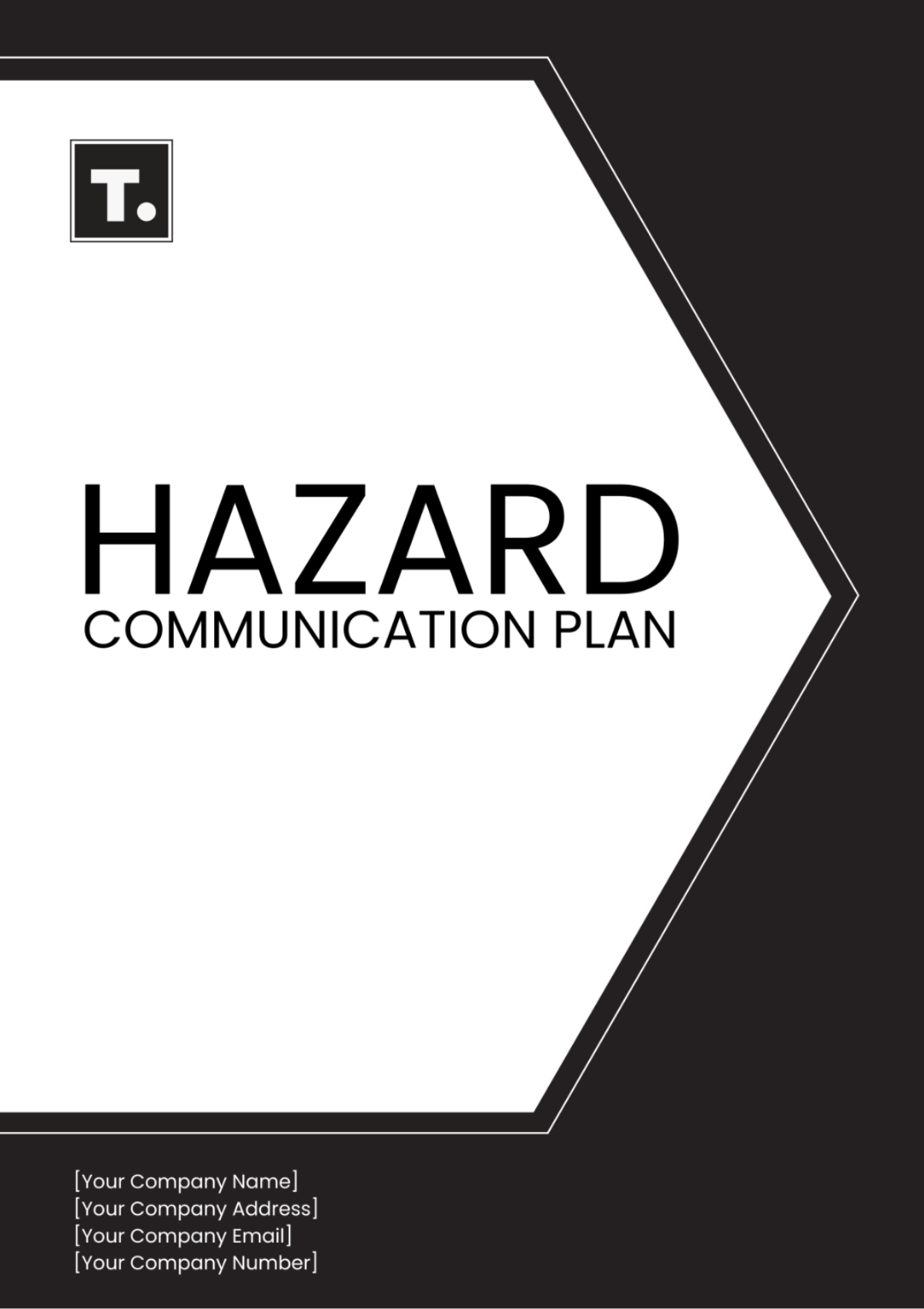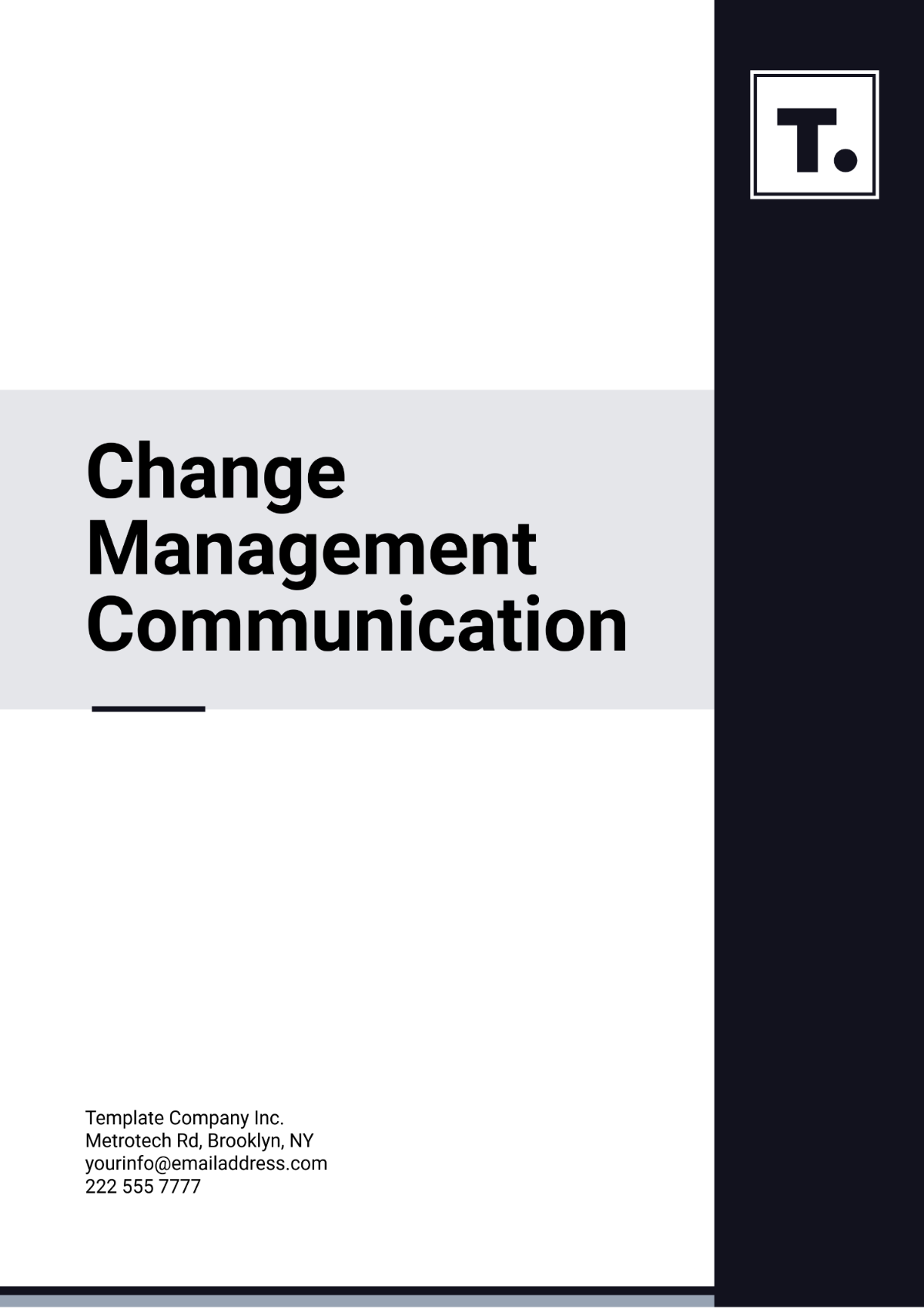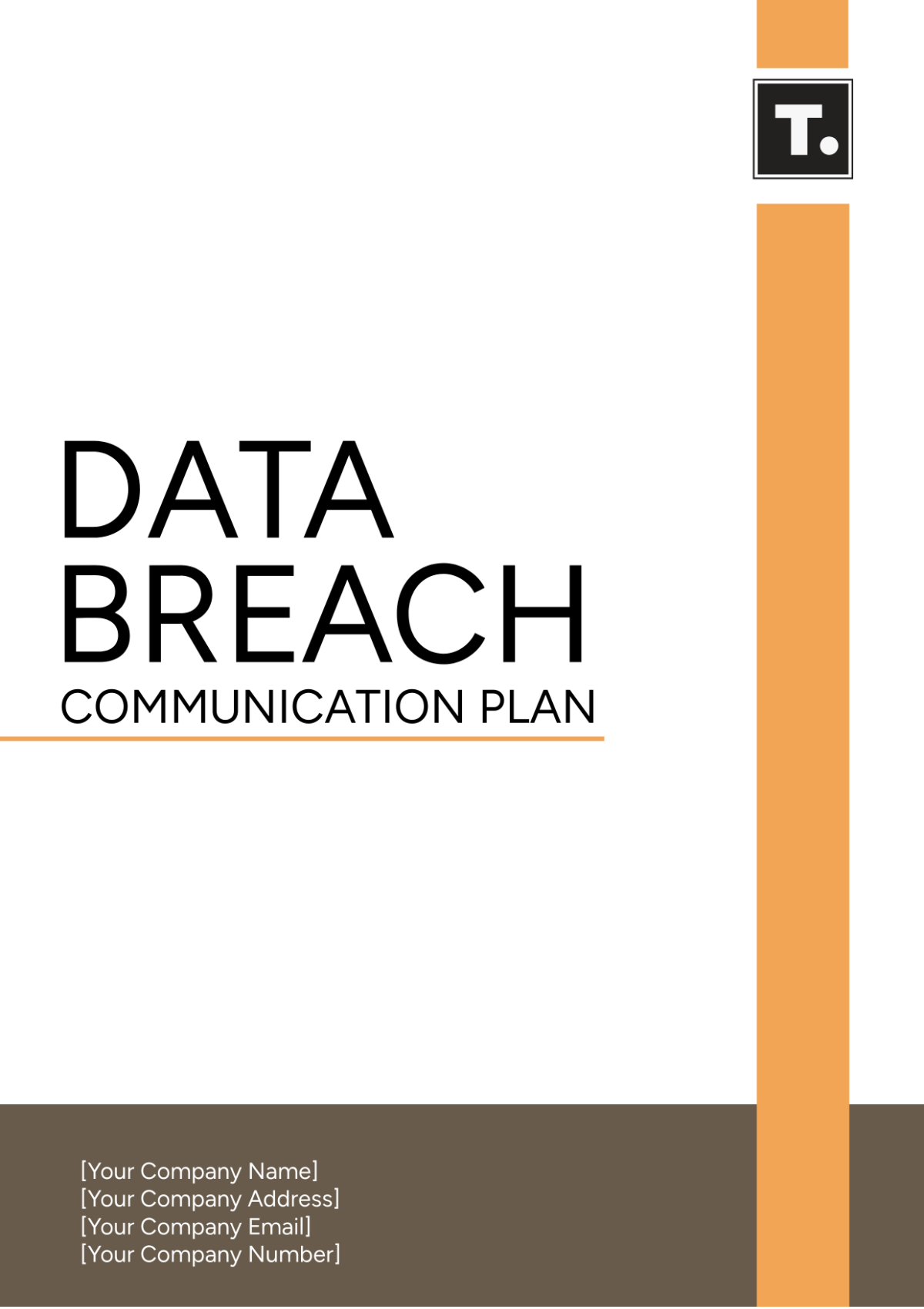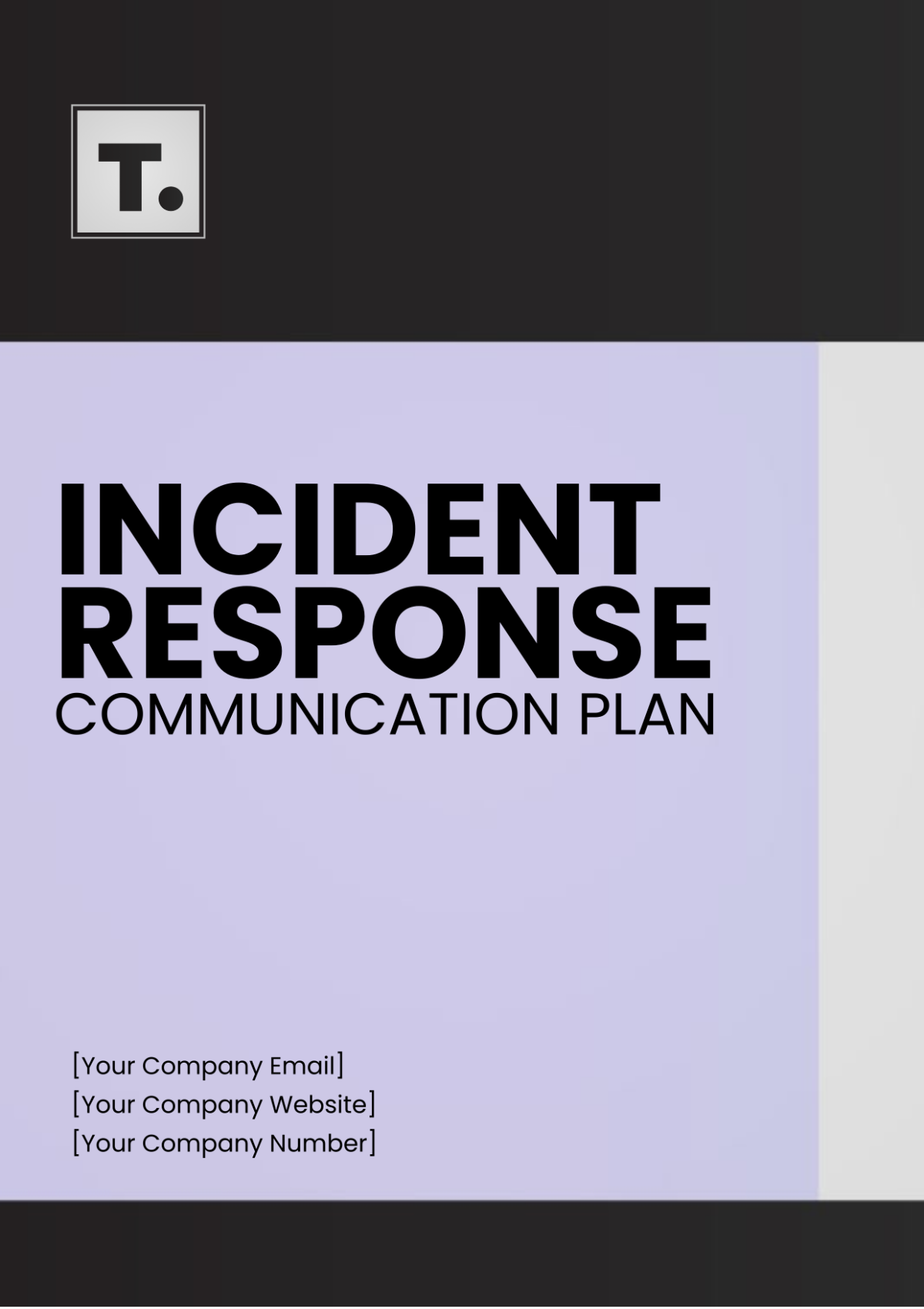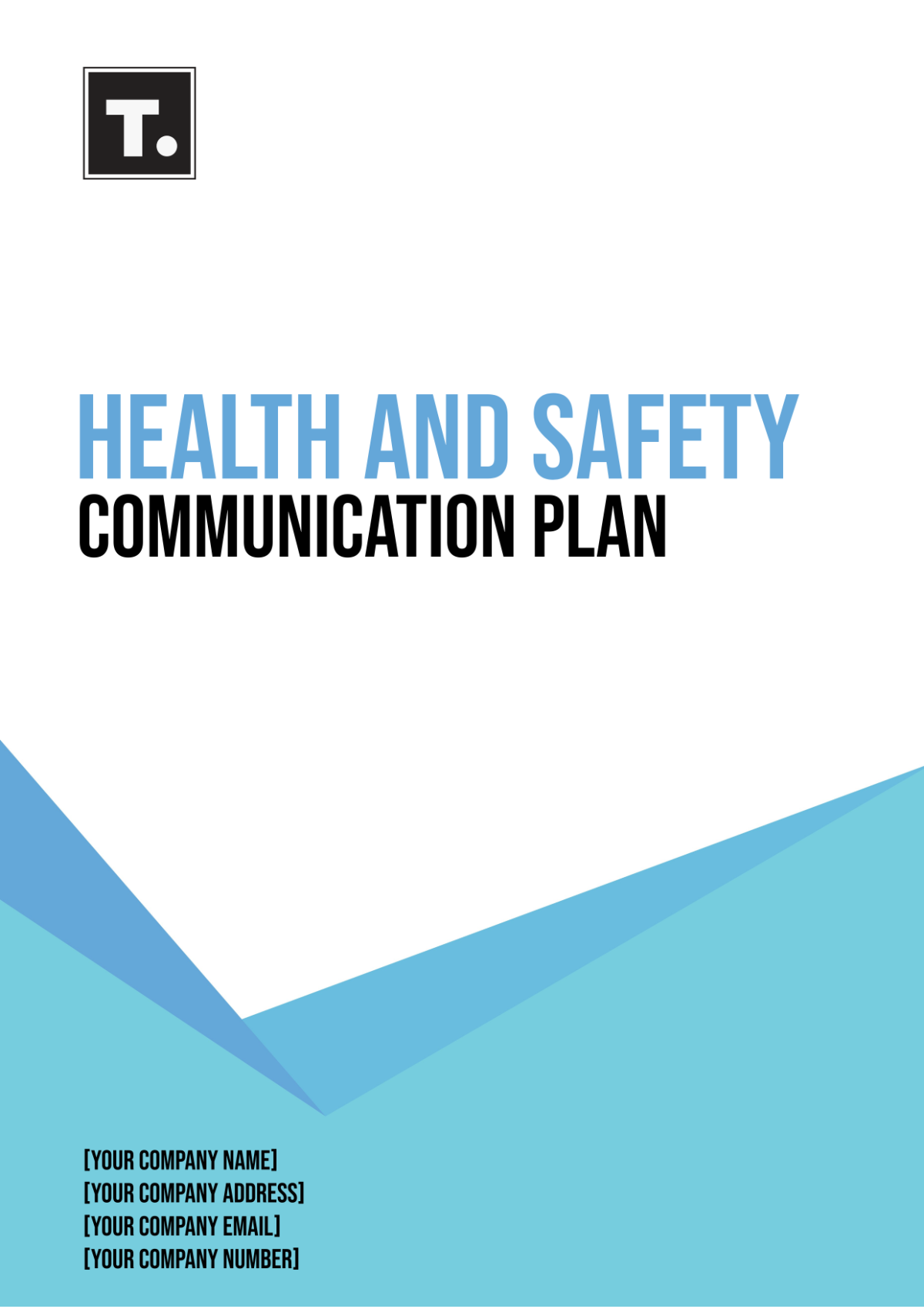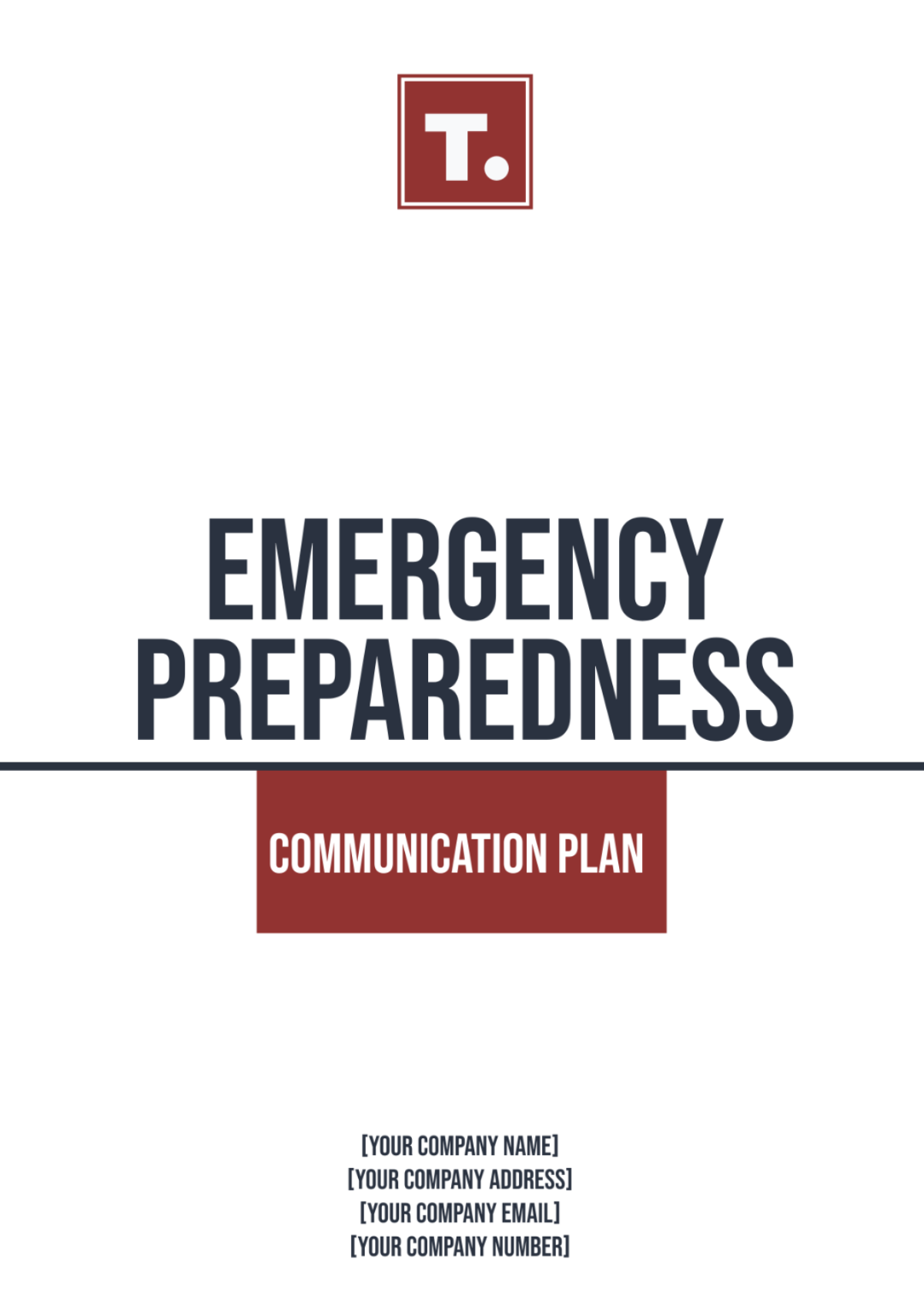Cybersecurity Communication Plan
Written by: [Your Name]
I. Introduction
A. Purpose
The purpose of this Cybersecurity Communication Plan is to establish a structured approach for effectively communicating cybersecurity policies, incidents, and best practices to all stakeholders, including executives, managers, employees, and external partners. This plan outlines the selected communication channels, timing, frequency, roles, and feedback mechanisms to ensure clear and consistent messaging regarding cybersecurity.
B. Objectives
Increase awareness and understanding of cybersecurity policies and procedures.
Ensure timely communication of cybersecurity incidents and response actions.
Promote a culture of security awareness within the organization.
Facilitate feedback and continuous improvement in cybersecurity practices.
II. Communication Channels
Channel Selection
Choose appropriate communication channels based on the audience and the type of message being conveyed.
Email: For formal notifications and detailed documentation.
Intranet: For internal announcements and policy resources.
Video Conferencing: For training sessions and incident response meetings.
Instant Messaging: For quick alerts and updates.
Newsletters: For regular updates and cybersecurity tips.
Face-to-Face Meetings: For in-depth discussions and incident debriefings.
III. Timing and Frequency
Communication Schedule
Establish a regular schedule to maintain consistency and reliability in communication.
Communication Type | Channel | Frequency | Responsible Party |
|---|---|---|---|
Policy Updates | Email, Intranet | Quarterly | [IT Security Team] |
Cybersecurity Tips | Newsletters | Monthly | [Communications Team] |
Incident Reports | Email, Intranet | As Needed | [IT Security Team] |
Training Sessions | Video Conferencing | Bi-Annually | [Training Department] |
Quick Alerts | Instant Messaging | As Needed | [IT Security Team] |
Executive Briefings | Face-to-Face, Video Conferencing | Monthly | [CISO/Executive Team] |
IV. Roles and Responsibilities
Key Roles
Define specific roles to ensure accountability and clarity in communication processes.
Chief Information Security Officer (CISO): Oversee the overall cybersecurity strategy and communication.
IT Security Team: Manage and communicate cybersecurity incidents, policies, and procedures.
Communications Team: Disseminate cybersecurity tips and updates via newsletters.
Training Department: Conduct cybersecurity training sessions for employees.
Executive Team: Receive and review executive briefings on cybersecurity status and incidents.
V. Feedback Mechanisms
Methods for Gathering Feedback
Implement mechanisms to collect feedback and assess the effectiveness of communication efforts.
Surveys: Regularly distribute surveys to gather employee feedback on cybersecurity communication effectiveness.
Focus Groups: Conduct focus group sessions with representatives from various departments to discuss cybersecurity awareness.
Suggestion Boxes: Provide anonymous suggestion boxes (physical or digital) for employees to share ideas and concerns about cybersecurity practices.
Follow-Up Meetings: Schedule follow-up meetings to discuss feedback and potential improvements in cybersecurity communication.
VI. Evaluation and Improvement
Continuous Improvement
Regularly review and update the communication plan to adapt to changing needs and ensure continuous improvement.
Annual Review: Conduct a comprehensive review of the communication plan annually.
Metrics and KPIs: Establish metrics and Key Performance Indicators (KPIs) to measure the success of cybersecurity communication efforts.
Feedback Analysis: Analyze feedback and implement necessary changes to enhance cybersecurity communication effectiveness.
By adhering to this Cybersecurity Communication Plan, [Your Company Name] will promote a culture of security awareness, ensure timely incident communication, and continuously improve its cybersecurity practices.










